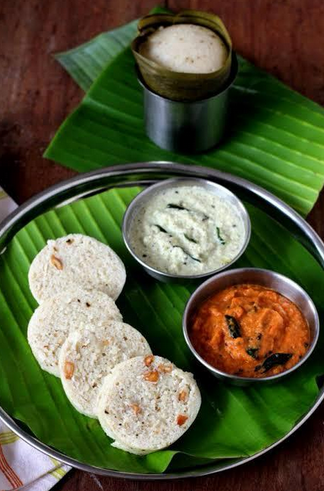NEW DELHI– Traditional fermented foods may play a key role in keeping India’s diverse population healthy, with new research showing that their bioactive peptides can influence blood pressure, blood sugar, immunity, and inflammation — but their effects vary across different groups.
The study, conducted by the Institute of Advanced Study in Science and Technology (IASST) in Guwahati — an autonomous institute under the Department of Science and Technology (DST) — highlights the potential of population-specific nutrition. Findings were published in Food Chemistry by a team led by IASST Director Professor Ashis K. Mukherjee, along with Dr. Maloyjo Joyraj Bhattacharjee, Dr. Asis Bala, and Dr. Mojibr Khan.
Researchers found that fermented foods such as yogurt, idli, miso, natto, kimchi, and fermented fish are rich in bioactive peptides (BAPs) — short chains of two to 20 amino acids produced during fermentation. These peptides interact with biomolecules through electrostatic forces, hydrogen bonding, and hydrophobic interactions, delivering antimicrobial, antihypertensive, antioxidant, and immune-modulatory effects.
These health benefits can impact cardiovascular function, immune responses, and metabolic health. However, bioavailability and effectiveness vary depending on factors such as genetics, gut microbiota composition, diet, and overall health. For example, genetic variants in ACE or IL-6 genes can alter how individuals respond to BAPs.
According to the Ministry of Science and Technology, the findings underscore the need for precision nutrition and targeted health interventions tailored to India’s diverse genetic and dietary landscape.
The study also points to challenges, including variations in fermentation techniques, peptide stability, and interactions with gut microbiota. Researchers advocate integrating traditional fermented foods into public health strategies and promoting omics-based research — which uses high-throughput technologies to analyze large sets of biological molecules — to position India as a leader in personalized nutrition. (Source: IANS)












